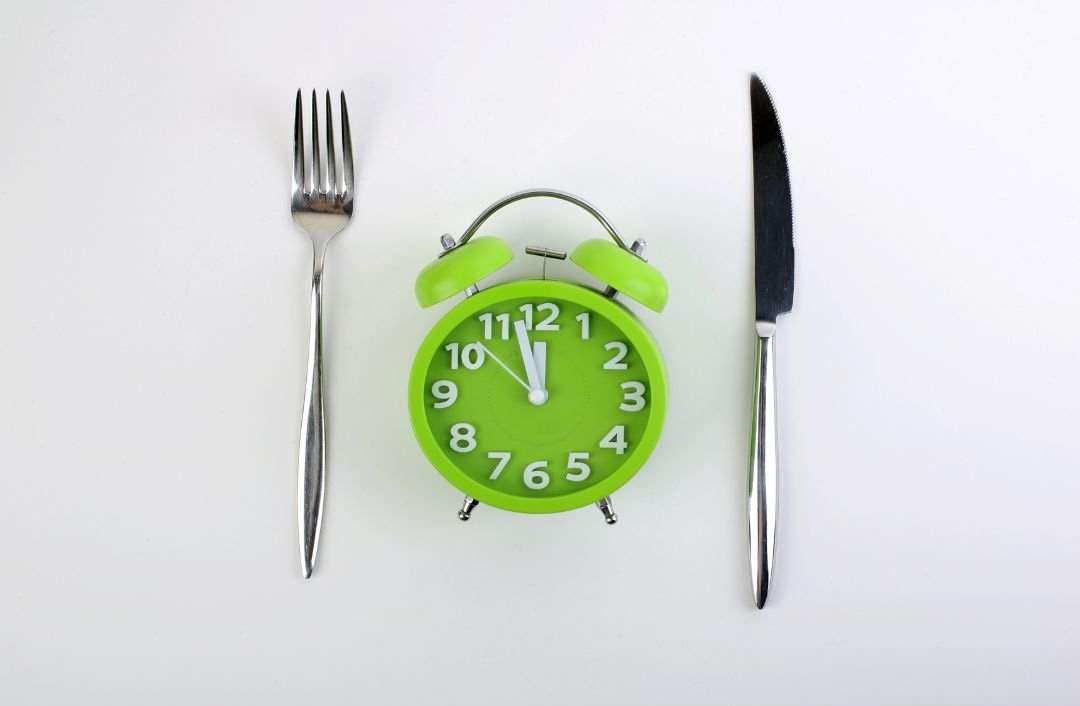Does Protein Timing Actually Matter for Muscle Growth?
4 min read
You’ve probably heard the golden rule: “You have to get your protein in within 30 minutes after your workout.” But is this really a hard-and-fast rule—or just another gym myth that won’t go away?
Let’s dig into what the latest research actually says.
The Study That Put Protein Timing to the Test
A meta-analysis conducted by Brad Schoenfeld, Alan Aragon, and James Krieger—three of the most trusted names in evidence-based fitness—looked at 20 different studies to answer this question once and for all.
Their goal?
To find out whether timing your protein intake around your workout leads to more muscle growth and strength gains than simply getting enough protein throughout the day.
What Did the Research Find?
When they looked at the raw data, there was a small-to-moderate benefit for hypertrophy (muscle growth) when protein was consumed near workouts. But here's the kicker:
Once they accounted for overall protein intake, the timing effect disappeared.
In other words:
💡 It’s not when you eat your protein—it’s how much protein you eat that matters most.
What About Strength?
The analysis found no meaningful difference in strength gains between those who timed their protein intake around workouts and those who didn’t. Again, total daily protein intake was the strongest predictor of strength improvements—not timing.
So, Should You Worry About Protein Timing?
Here’s the practical takeaway:
If you’re getting enough protein throughout the day (for active individuals aiming to build or maintain muscle, research supports a daily protein intake of around 1.2 to 2.0 grams per kilogram of body weight. For the average sedentary person, however, the RDA is much lower — just 0.8 grams per kilogram, which is enough to prevent deficiency but not necessarily to optimize muscle growth or recovery), you're already covering your bases.
If you’re training fasted or going long periods without eating, having protein shortly after your session might be more beneficial.
But for most people, the exact timing of your protein shake won’t make or break your results.
Final Thoughts
Protein timing is not useless—it just isn’t as crucial as once believed. If having a post-workout shake fits your routine, go for it! Just don’t stress if your meal ends up being an hour or two later. Focus on hitting your total daily protein target and staying consistent with your training.
If you enjoyed this article, you'll love reading:
How much protein do you really need? (Here’s what no one tells you)
